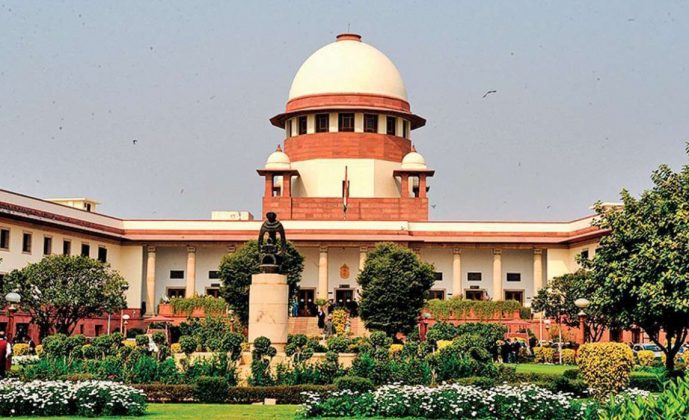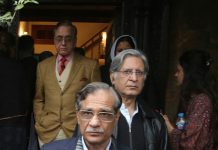
When the Prime Minister Narendra Modi targeted opposition and cautioned youth against what he called “revdi” culture, he triggered a debate on freebies. After the freebies came under the Supreme Court’s close scrutiny, the Election Commission has proposed that the Model Code of Conduct be amended so that it becomes mandatory for all parties to disclose to the electorate how they are going to meet the fund requirement needed to implement their poll promises.
Tehelka Cover Story “Politics of Freebies” by Special Correspondent Mudit Mathur in this issue argues as to why in a welfare state where there is poverty and inequality, welfare measures or freebies are actually needed. Even the Election Commission admitted in its affidavit to the Supreme Court that “freebies’ are subjective, and open to interpretation. Freebies are not only difficult to define but are highly subjective. If waiver on electricity bills is a freebie then free food grain to the poor is a bigger freebie. By the same yardstick, the Pradhan Mantri Garib Kalyan Anna Yojana (PM-GKAY) would also fall under the ambit of freebies. Under this scheme, a five kg ration per person is given to about 81.35 crore beneficiaries in addition to the ration given under the public distribution system. Is Old Age Pension to the aged population without any financial support a freebie or a welfare measure? What is wrong if the government taxes affluent sections of population to extend benefits to weaker sections?
Providing freebies empowers the state to deliver subsidised services like health and education and to help households combat poverty by providing subsidised food or electricity etc. The political parties have no qualms about promising all kinds of freebies to voters in the run-up to elections without having to spell out their financial implications. Just before Punjab elections in Punjab, AAP promised 300 units of electricity free of cost per month to domestic consumers and now it is repeating the same promise in poll-bound Gujarat and Himachal Pradesh. While Opposition parties promise the moon to the voters if elected to power, the ruling dispensation starts doling out sops months before the model code of conduct is enforced.
The debate over freebies is endless. The big question is why do we still yearn for freebies even after 75 years of Independence? The fact is that nothing comes free and the freebies too are never free because the cost is imposed somewhere. The solution lies in setting up an independent fiscal council like the one recommended by the Fiscal Responsibility and Budget Management Review Committee to enable the Centre and States to make informed economic decisions whilst attending to key development objectives. With the Supreme Court asking the Centre, Niti Aayog, Finance Commission and the RBI, to set up an expert body to come up with ‘constructive suggestions’ to deal with the practice of promising freebies to woo voters in the run-up to elections, it is hoped that practice will be shown the door in near future.













